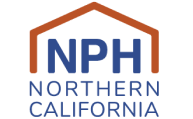NPH’s 2023-2024 Budget Proposal Analysis
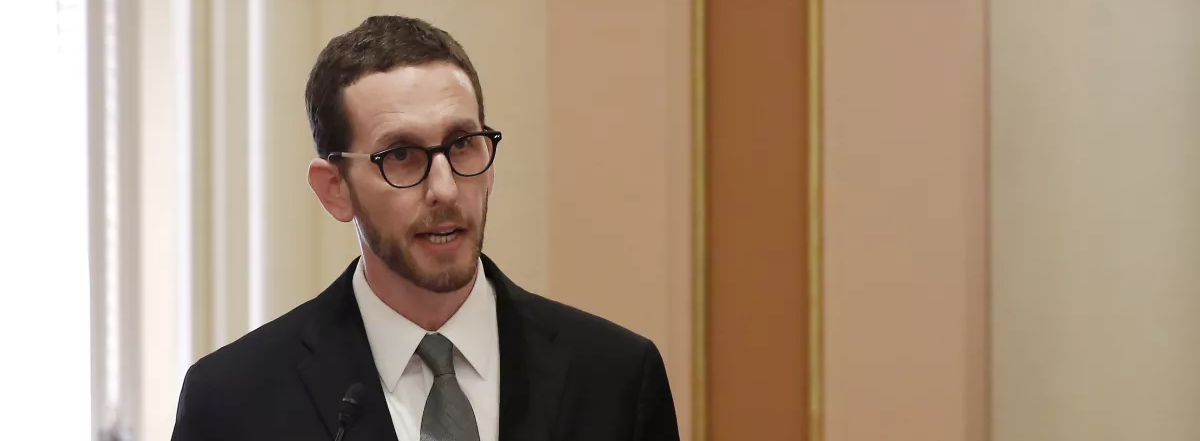
Los Angeles Times: California churches, nonprofit colleges could build homes on their land with proposed law
December 8, 2022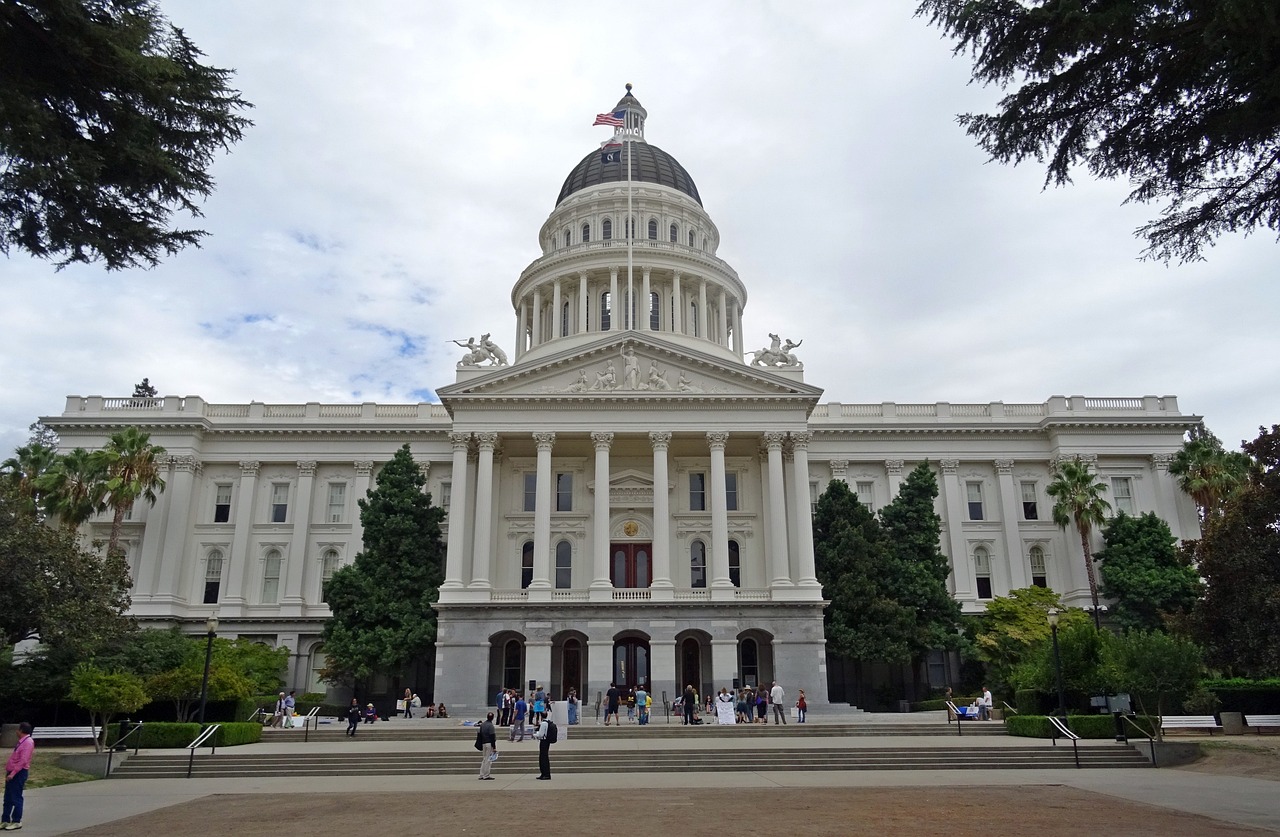
KQED: Newsom’s Proposed Budget Keeps Most Housing, Homeless Funding Intact. Advocates Want MoreKQED:
January 17, 2023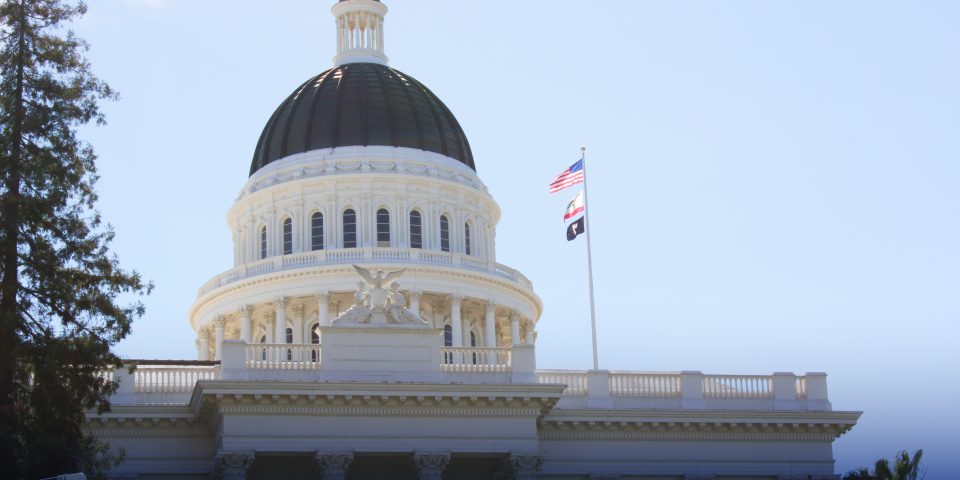
The Newsom Administration is faced with making strategic and difficult budget choices given the current economic forecast. We support the preservation of critical housing and homeless response investments. In order to prevent regression on our progress, and to support our communities’ need for housing solutions, we urge the Administration to explore all avenues available between now and May to increase housing investments for working families and low-income Californians.
Governor Newsom’s Budget Proposal Preserves Existing Affordable Housing Rental Funds, But Deeper Investments Needed Amidst Economic Recession
On Tuesday, Governor Gavin Newsom released his 2023-24 state budget proposal, which preserved critical investments for the production of rental affordable housing and homelessness response, but included potential cuts to homeownership programs. He underscored the reality of California’s $22.5 billion budget deficit. Governor Newsom emphasized the importance of local accountability in addressing homelessness and our housing shortage. It is clear that the Administration will prioritize ensuring local governments meet their housing goals.
Housing
The Governor and his team made the hard decisions necessary to create a balanced budget while facing a significant shortfall. Future housing expenditures planned in previous years such as for the Multifamily Housing Program, Infill Infrastructure Grant Program, and adaptive reuse program, were preserved. Yet, we must continue to advocate for more funds in order to build even more affordable projects. Per the Roadmap Home 2030, a comprehensive vision for addressing California’s housing crisis, more resources are needed to truly chip away at our affordable housing shortage. Low-income families and workers are the most impacted by recessions and we must continue to march forward with producing affordable homes, even amidst economic uncertainty.
We therefore call on the Governor in his May revised budget proposal and the Legislature to deliver as much additional resources as possible to address affordable housing and homeless needs consistent with the priorities expressed in the affordable housing community’s budget request letter. Given that budget deficits may extend for the next few years and that we need to scale up resources to meet California’s housing needs, we further call on the Governor and Legislature to support a $10 billion affordable housing and homelessness bond for 2024 and lowering the voter threshold for local housing bonds on the 2024 ballot. California has successfully financed affordable housing in the past through state and local bonds. A bond can allow affordable housing production to proceed when construction costs are lower and in a manner that spurs economic recovery.
Along with preventing cuts to existing affordable housing funds, we appreciate the continuation of a $500 million annual allocation in state Low-Income Housing Tax Credits (LIHTC). The LIHTC are a critical piece of our state affordable housing funding and they support our ability to harness unlimited 4% federal LIHTC. We are encouraged to see this annual allocation continue and hope they will continue to be prioritized.
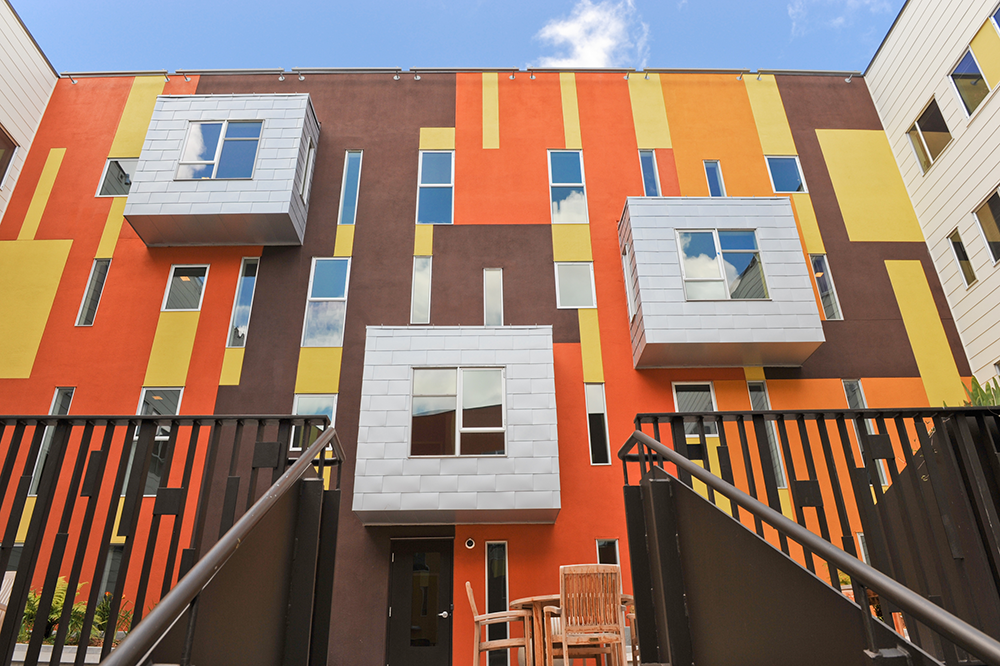
Homelessness
The Administration maintained the existing level of funds for homelessness prevention and response. The Homeless Housing, Assistance and Prevention (HHAP) Program and the Encampment Resolution grants are key programs that we are happy to see preserved. We look forward to working with the Administration on the policy details of streamlining supportive housing, improving results and accountability, and supporting significant progress on getting our unhoused neighbors safely off the streets.
- Maintains prior budget commitments of $3.4 billion and $1 billion for HHAP Round 5
- Proposed statutory reconfiguration of HHAP program to reduce direct flexibility and instead fund programs such as the encampment resolution grant program, CARE Act, Homekey, etc.
- Maintains CARE Act funding for county start-up programs totaling $88.3 million
- Delays $250 million of behavioral health care infrastructure capacity grants.
- Conditions receipt of homelessness related grants on housing element compliance
Homeownership
The budget also included a reduction of previously planned funds for three separate homeownership programs, due to raised interest rates and low inventory. While we are happy to see that Governor Newsom retained significant funds for these programs and is prioritizing our most vulnerable residents, it is imperative that we continue to invest in the full spectrum of housing. These programs include:
- CalHome – The 2022 Budget Act included $350 million one-time General Fund ($250 million in the 2022 Budget Act and $100 million committed for 2023-24), to provide local agencies and nonprofits grants to assist low- and very-low-income first-time homebuyers with housing assistance, counseling and technical assistance. The Budget proposes to remove $100 million one-time General Fund in 2023-24.
- Accessory Dwelling Unit Program – The 2022 Budget Act included a $50 million one-time allocation for the Accessory Dwelling Unit program. The Budget proposes to revert the $50 million one-time to the General Fund in 2022-23.
- Dream For All – The 2022 Budget Act included $500 million one-time General Fund, to provide shared-appreciation loans to help low- and moderate-income first-time homebuyers achieve homeownership. The Budget proposes to revert $200 million of the $500 million one-time General Fund in 2023-24.
What’s Next?
NPH and our allies will work closely with lawmakers, the Governor’s office, advocates, and community members to support the proposed investments and advocate for additional investments to be included in the May Revise of the budget proposal.
We will seek new investments for the Multifamily Housing Program and the California Housing Accelerator Program. These budget allocations would invest in the pipeline of state affordable housing projects and allow projects that already received partial funding to move toward construction. We are also working closely with a budget coalition of housing spectrum leaders, to present the Governor and the Legislature with a comprehensive housing blueprint that recognizes both our fiscal realities and the enormous need of low-income and unhoused Californians.
Beyond the budget, there will also be opportunities to secure critical investments through other mechanisms, and NPH will analyze and support these opportunities as they emerge. NPH looks forward to advancing and supporting targeted and effective legislative and electoral policies like Senate Bill 4 (Wiener) to streamline the production of affordable housing on church-owned land and reducing the voter threshold for local housing bonds.
